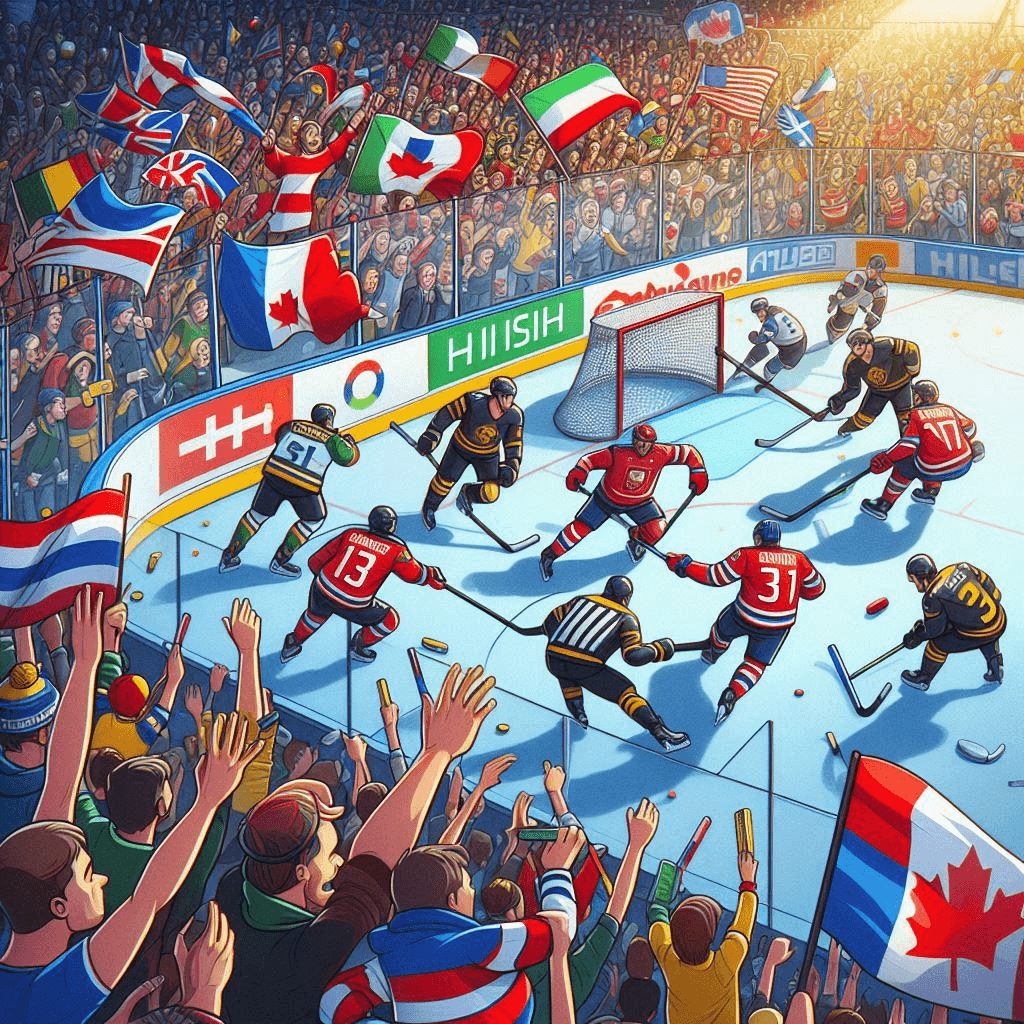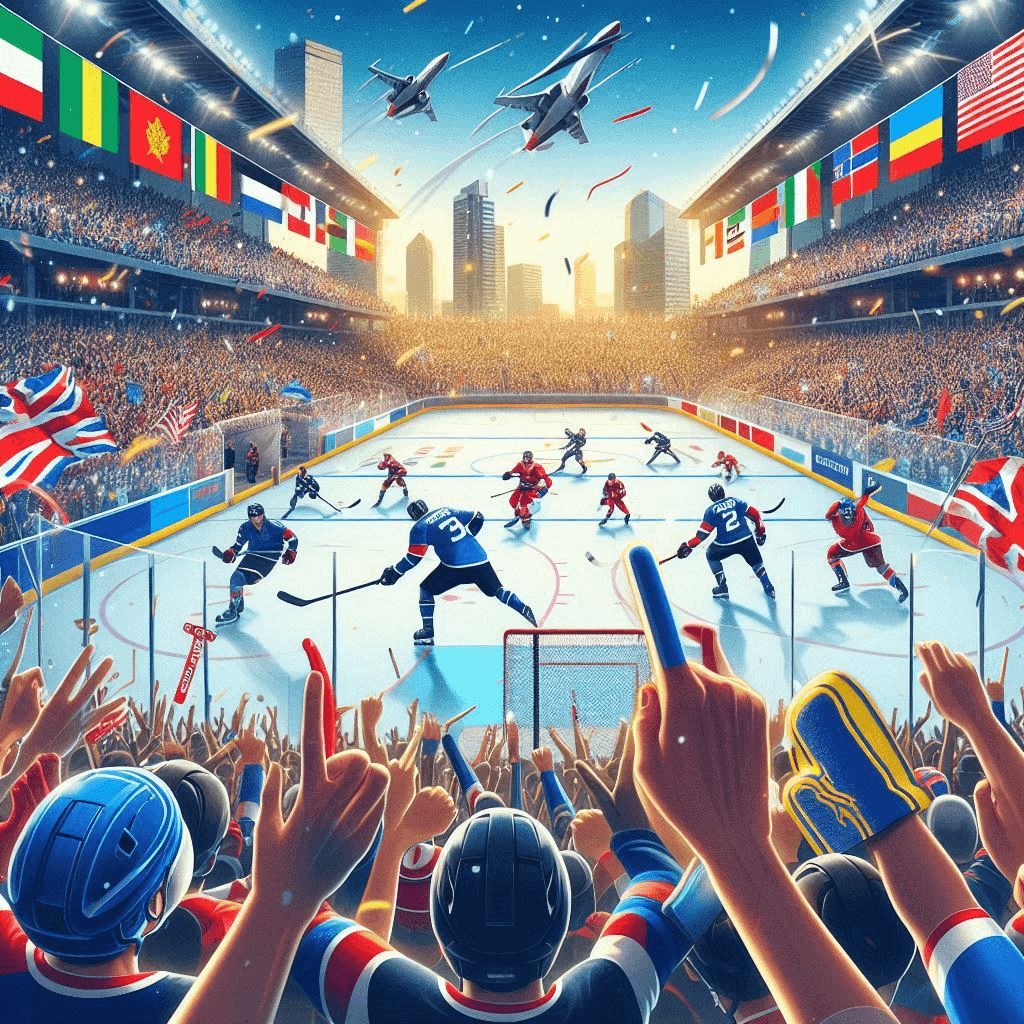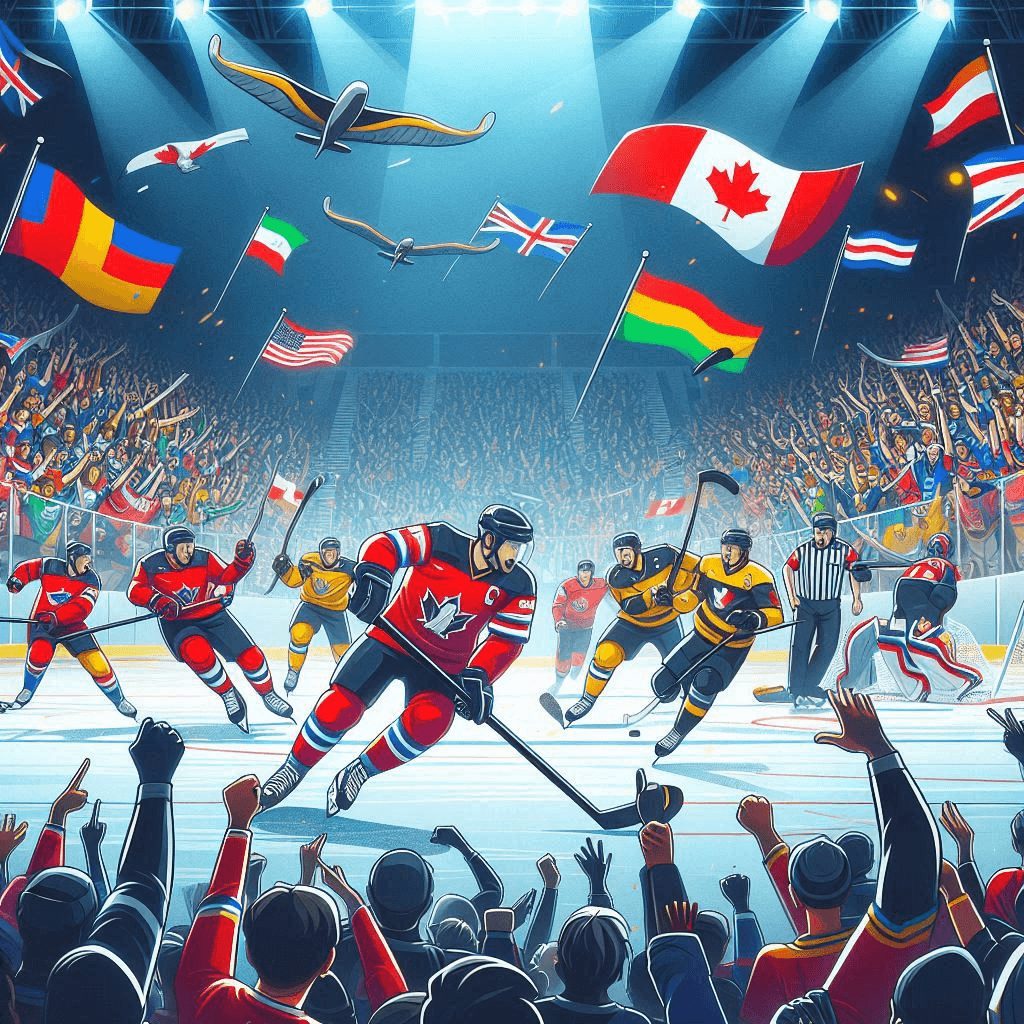Ice hockey is a thrilling and fast-paced sport that has captivated audiences worldwide. Whether you’re a seasoned player or a newcomer to the game, mastering the fundamental and advanced strategies is crucial for success on the ice. In this comprehensive article, we will delve into the key elements that contribute to winning in ice hockey, covering both basic and advanced tactics that can elevate your game to new heights.
Mastering the Fundamentals: The Building Blocks of Success
Skating Proficiency
Effective skating is the foundation of ice hockey. Developing strong skating skills, including agility, speed, and balance, is essential for maneuvering the ice, evading opponents, and creating scoring opportunities. Invest time in honing your skating technique through drills and practice sessions to become a more well-rounded and confident player.
Puck Control and Handling
Controlling and handling the puck is a fundamental aspect of ice hockey. Mastering puck-handling skills, such as stick-handling, passing, and shooting, allows you to maintain possession, create plays, and capitalize on scoring chances. Consistent practice and game-like scenarios will help you develop the dexterity and instincts needed to excel in puck control.
Positional Awareness
Understanding your role and positioning on the ice is crucial for team cohesion and effective gameplay. Whether you’re a forward, defenseman, or goaltender, you must be aware of your responsibilities, the positioning of your teammates, and the movement of the puck to make informed decisions and contribute to your team’s success.
Defensive Positioning and Tactics
Solid defensive play is the backbone of a winning team. Developing skills like stick-checking, body positioning, and gap control enables you to disrupt the opposing team’s offensive efforts, win puck battles, and transition quickly to the offensive zone. Mastering the art of defensive positioning and tactics is essential for minimizing scoring chances against your team.
Advancing Your Game: Unlocking the Next Level
Offensive Strategizing
Effective offensive strategies can create scoring opportunities and put your team in a position to succeed. This includes tactics such as cycling the puck, executing effective breakouts, and utilizing power plays. Understanding the nuances of offensive strategizing will allow you to make more informed decisions and generate high-quality scoring chances.
Special Teams Mastery
Special teams, such as power plays and penalty kills, can be game-changers in ice hockey. Developing specialized strategies and techniques for these situations can provide a significant advantage over your opponents. Familiarize yourself with the roles and responsibilities of power play and penalty kill units to maximize their impact on the game.
Anticipation and Decision-Making
The ability to anticipate the flow of the game and make split-second decisions is a hallmark of elite ice hockey players. Developing situational awareness, reading the play, and making quick, informed choices can create opportunities, thwart opposing team’s efforts, and lead to successful outcomes.


Adaptability and In-Game Adjustments
The best ice hockey teams and players are adept at adapting to changing game situations and making necessary adjustments. Understanding how to modify your strategies, formations, and individual play based on the opponents, game flow, and environmental factors can give you a crucial edge in close and competitive matches.
Cultivating a Winning Mindset
Mental Toughness and Resilience
Ice hockey is a physically and mentally demanding sport. Cultivating mental toughness, resilience, and the ability to bounce back from setbacks are essential for sustained success. Developing strategies to manage stress, maintain focus, and stay composed under pressure will help you perform at your best, even in the most challenging situations.
Team Chemistry and Cohesion
Ice hockey is a team sport, and the ability to work seamlessly with your teammates is paramount to achieving collective success. Fostering strong team chemistry, communication, and a shared sense of purpose can create a synergistic environment where individual talents are amplified and collective goals are achieved.
Goal-Setting and Continuous Improvement
Setting clear, achievable goals and consistently working towards improving your skills and performance is a hallmark of successful ice hockey players and teams. Regularly evaluating your progress, identifying areas for improvement, and implementing targeted training and development strategies will help you reach new heights in your ice hockey journey.
Conclusion
Ice hockey is a game of skill, strategy, and mental fortitude. By mastering the fundamental techniques and incorporating advanced tactics, you can elevate your game and contribute to your team’s success. Remember, the journey to becoming a top-tier ice hockey player is an ongoing process that requires dedication, perseverance, and a relentless pursuit of improvement. Embrace the challenges, learn from your experiences, and let your passion for the sport guide you towards greatness on the ice.
FAQs
-
What are the key fundamental skills in ice hockey?
Fundamental ice hockey skills encompass skating proficiency for agility, speed, and balance, puck control and handling for stick-handling, passing, and shooting, positional awareness of roles and responsibilities, and defensive positioning and tactics for stick-checking, body positioning, and gap control.
-
How can players develop advanced strategies in ice hockey?
Advanced ice hockey strategies involve offensive tactics like puck cycling, effective breakouts, and power play execution, special teams mastery for power plays and penalty kills, anticipation and decision-making through situational awareness and reading the play, and adaptability to make in-game adjustments based on the situation.
-
What is the importance of mental toughness and resilience in ice hockey?
Mental toughness and resilience are crucial in ice hockey because the sport is physically and mentally demanding. Developing strategies to manage stress, maintain focus, and bounce back from setbacks can help players perform at their best, even in the most challenging situations.
-
How can team chemistry and cohesion contribute to success in ice hockey?
Team chemistry and cohesion are paramount in ice hockey, as it is a team sport. Fostering strong communication, a shared sense of purpose, and the ability to work seamlessly with teammates can create a synergistic environment where individual talents are amplified and collective goals are achieved.
-
What is the role of goal-setting and continuous improvement in ice hockey?
Goal-setting and continuous improvement are essential for sustained success in ice hockey. Players should set clear, achievable goals and regularly evaluate their progress, identify areas for improvement, and implement targeted training and development strategies. This commitment to self-improvement and a growth mindset can help players reach new heights in their ice hockey journey.
